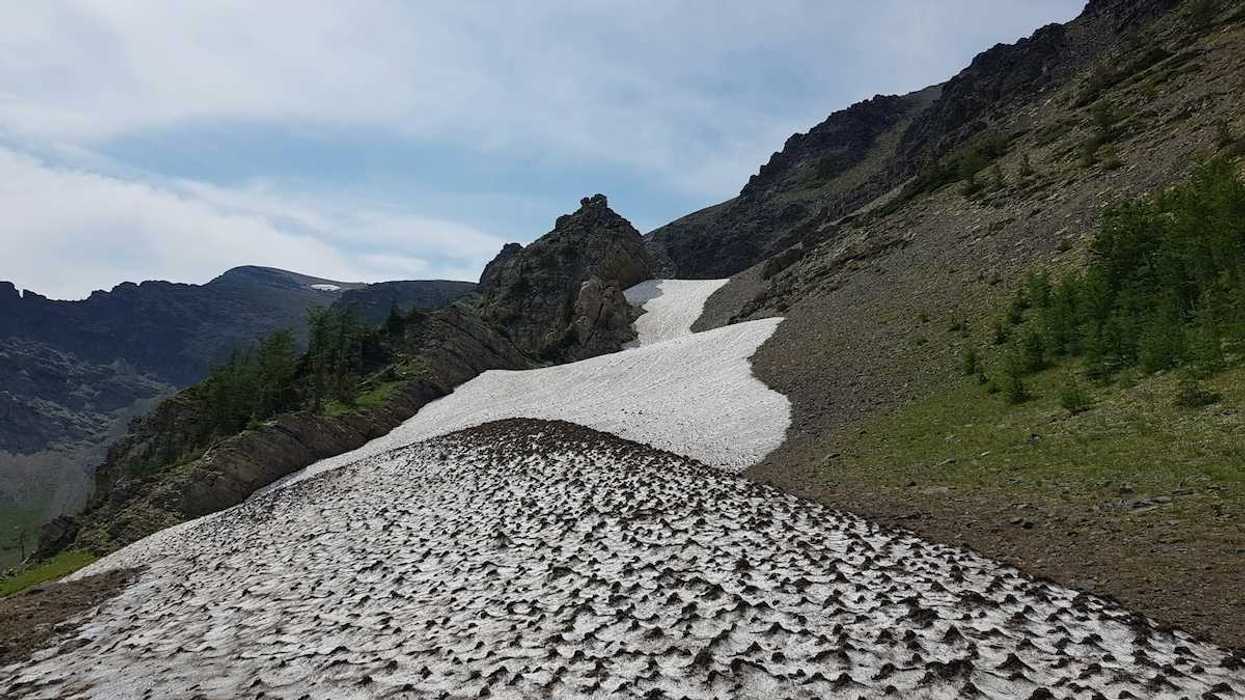Erratic rainfall and rising temperatures are driving Ghanaian farmers toward agroforestry and mixed farming to restore soil, retain water and secure livelihoods in a changing climate.
Caleb Ahinakwah reports for Mongabay.
In short:
- Agroforestry techniques like alley cropping integrate trees with crops, helping retain moisture, reduce erosion and enrich soil naturally, while also providing income from tree products like baobab leaves.
- Mixed farming combines crops and livestock, creating balanced ecosystems where livestock manure enriches the soil and grazing reduces waste, while birds and bats naturally control pests.
- These practices offer a scalable model for drought-prone regions, improving biodiversity, stabilizing incomes and reducing dependency on synthetic fertilizers.
Key quote:
“Agroforestry not only restores soil fertility but also improves water retention, provides shade and attracts pollinators.”
— Irene Egyir, agricultural economist, University of Ghana
Why this matters:
As climate change disrupts traditional farming in northern Ghana, agroecological methods provide a lifeline. Paired with mixed farming systems—where livestock help fertilize the land and pest-eating birds handle crop threats—this approach turns farming into a harmonious, self-sustaining loop. It’s farming for a future that doesn’t just survive climate change but fosters resilience in its wake. Read more: Climate, justice, and the deep roots of regenerative farming.














